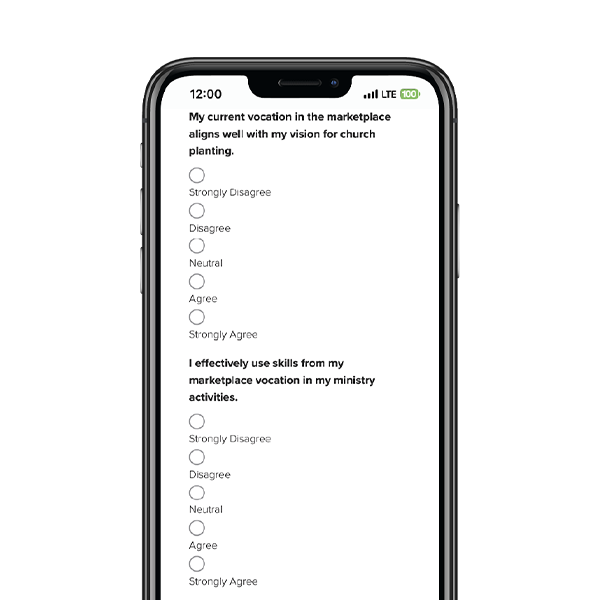Wise leaders understand the importance of words. They grasp the importance of language in describing the culture of the organization and the direction she is headed. But the role of a leader in relationship to language does not end when the doctrinal statement is finalized. It does not end when the mission and values are clarified, placed on a wall, and boldly declared. Leaders must continually remind people of the meaning behind the words, behind the language that is essential to the organization. The important words need definition and repetition.
WORDS NEED DEFINITION
Words must constantly be defined, or the words will lose their original intent and begin to mean different things to different people. Language drift often occurs as people in an organization learn the desired or accepted organizational vocabulary and use those words as taglines in an attempt to give credence to just about anything.
Leaders must continually remind people of the meaning behind the words, behind the language that is essential to the organization. The important words need definition and repetition.
For example, if “community” is the current focus for a local congregation, a leader can add “community” language to any initiative or event to give it credence. Similarly, if “customer-centric” or “narrowing the focus” are the latest buzzwords in an organization, folks can start to haphazardly use these words without understanding the intent and heartbeat behind them. Pretty soon, the words carry an array of definitions and lose their singularity and potency.
Unless there is constant definition of what the important culture-shaping words mean, there will not be alignment. In fact, if the important words are allowed to mean a plethora of things, if leaders don’t constantly define the words that are used, the language will only create confusion and a plethora of directions.
Unless there is constant definition of what the important culture-shaping words mean, there will not be alignment.
If you are a leader, it is important to define the important terms/words in the organization you are leading. If you hear words that are important in your culture being used in a way that does not match the original intent, some definition is necessary.
WORDS NEED REPETITION
Some leaders run from repetition for the desire to always say something new and fresh. But wise leaders understand, as Max De Pree said, “Leadership is like third grade: it means repeating the significant things.” For example—because the gospel is the principle and essential doctrine of the Christian faith, Martin Luther stated “most necessary is it that we know this article [the gospel] well, teach it to others, and beat it into their heads continually.” Luther was clearly passionate about repeating the most important message continually.
When it comes to articulating a direction, I have learned that when the leaders are sick and tired of presenting and discussing, people are just then starting to grasp it. Both definition and repetition are necessary.
For more resources from this author, visit https://ericgeiger.com.
Published April 11, 2016




